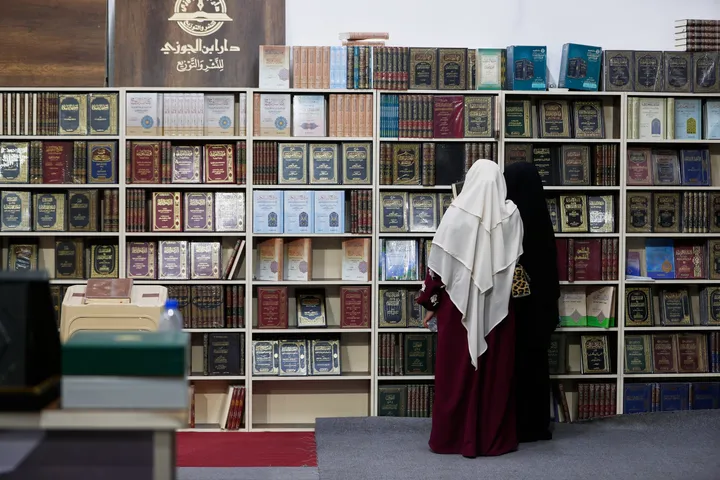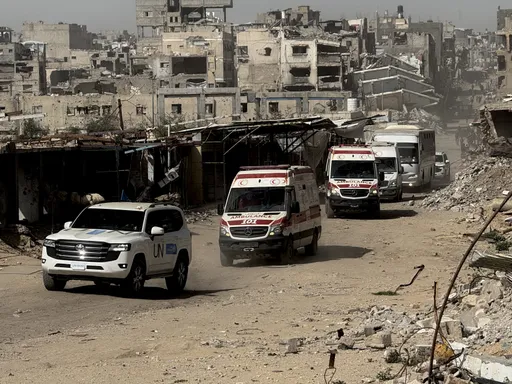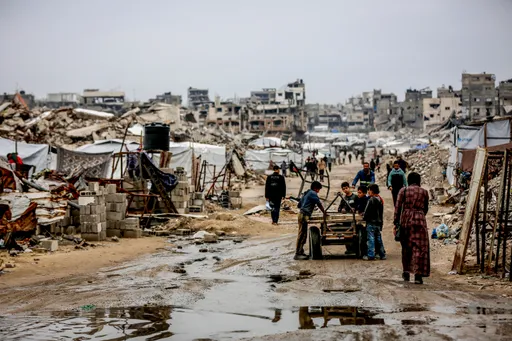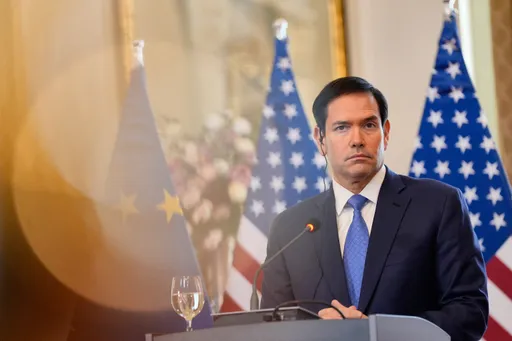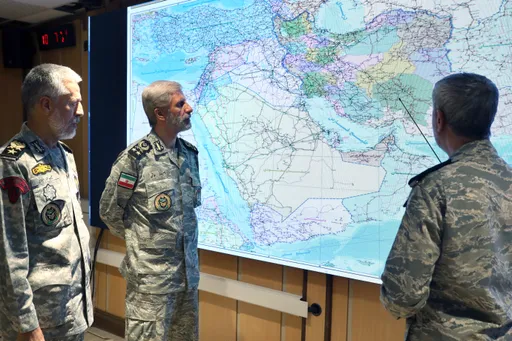The UN Security Council has split over sending an international force to Haiti to help with deteriorating security and a surge in cholera after powerful gangs took over the main port and blocked fuel deliveries.
Un Secretary General Antonio Guterres said on Monday Haitians faced a dramatic emergency and that there was a need for "armed" intervention to help local police open up the port to create a humanitarian corridor for delivery of aid.
"It's an absolutely nightmarish situation for the population of Haiti, especially Port-au-Prince," Guterres said before the Security Council met.
Haiti asked the United Nations last week for help to reopen the Varreux oil terminal, seized by gangs in mid-September, leading to a growing paralysis of the local community.
The United States and Mexico were preparing two resolutions for the council to address the request.
The proposal had some support in the Security Council, but some countries expressed reservations, noting recent protests in Haiti against foreign intervention and also pointing to major problems with the previous UN peacekeeping force in the country.
Known as MINUSTAH, the UN peacekeepers were in Haiti from 2004 to 2017 and notably were identified as the source of a cholera outbreak in 2010 that ultimately killed around 10,000 people.
The bacterial disease disappeared in 2019, but has surged back in recent weeks, causing hundreds of suspected infections and an estimated 36 deaths.
Geng Shuang, China's deputy permanent representative to the UN, said the body needed to be cautious about supporting a new force for Haiti.
"At a time when the Haitian government lacks legitimacy, and is unable to govern, will sending such a rapid action force to Haiti receive the understanding support and cooperation from the parties in Haiti, or will it face resistance or even trigger violent confrontation from the population?" he asked.
READ MORE: Haiti gets armoured vehicles from US, Canada to fight gangs
'External interference'
However, China voiced support for a second draft resolution which would lay down a set of sanctions to be applied to the gangs and their leaders.
A draft seen by AFP specifically mentioned Jimmy Cherizier, nicknamed "Barbecue," the powerful leader of the "G9 Family and Allies" group of gangs which has blocked the Varreux terminal.
Russia meanwhile rejected the sanctions proposal, saying it was drawn up hastily.
Russian UN envoy Dmitry Polyanskiy said it would be "unacceptable" to support "external interference in the political processes in Haiti" that would subsume Haiti's interests "to the interests of world-known regional players who view the American continent as their backyard."
Guterres urged quick action, saying the halt of fuel deliveries was compounding other problems. Without fuel, he said, water cannot be distributed, worsening the cholera outbreak.
The Security Council did not schedule a vote on the proposed measures, and the question of who would lead any security intervention group remained a question.
READ MORE: Report: UN mulls sanctions against Haiti gang chief 'Barbecue', others



